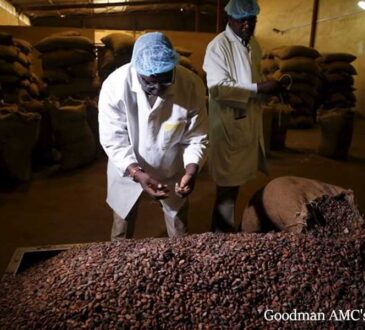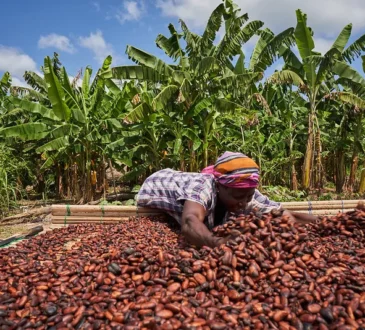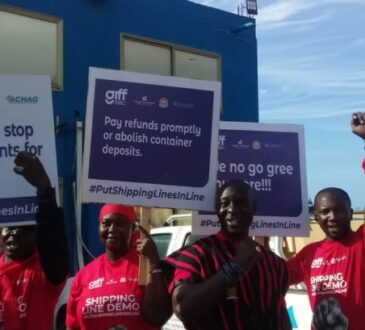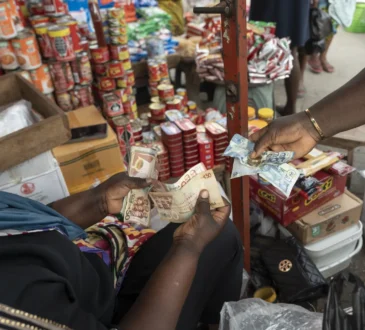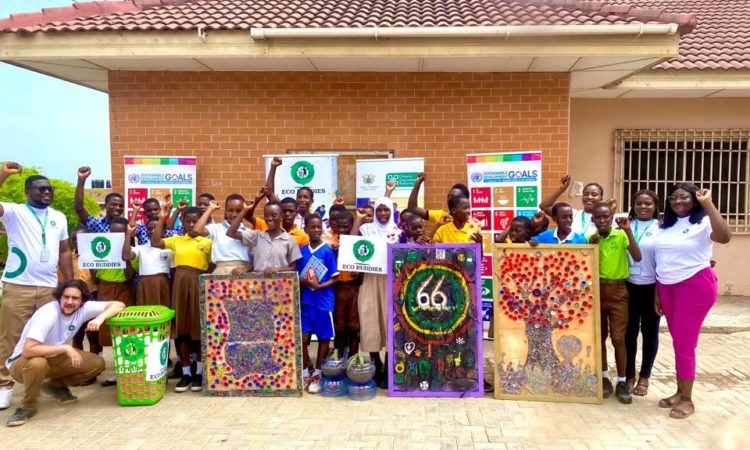
Ghana, like many other developing countries, is facing a major challenge with the management of plastic waste. According to the World Bank, Ghana generates over 1.7 million tons of plastic waste each year, with only 2% of it being. The lack of proper waste management infrastructure has resulted in the accumulation of plastic waste on the streets, in gutters, and in landfills. This has led to environmental degradation, health hazards, and a loss of revenue due to the cost of waste management.
However, according to the MSc. Development Management Students of KNUST, there may be a solution to Ghana’s plastic waste problem. The country should consider plastic waste exportation as a means of generating revenue and reducing the burden of waste management. Plastic waste exportation involves exporting plastic waste to other countries that have the infrastructure and capacity to manage it properly.
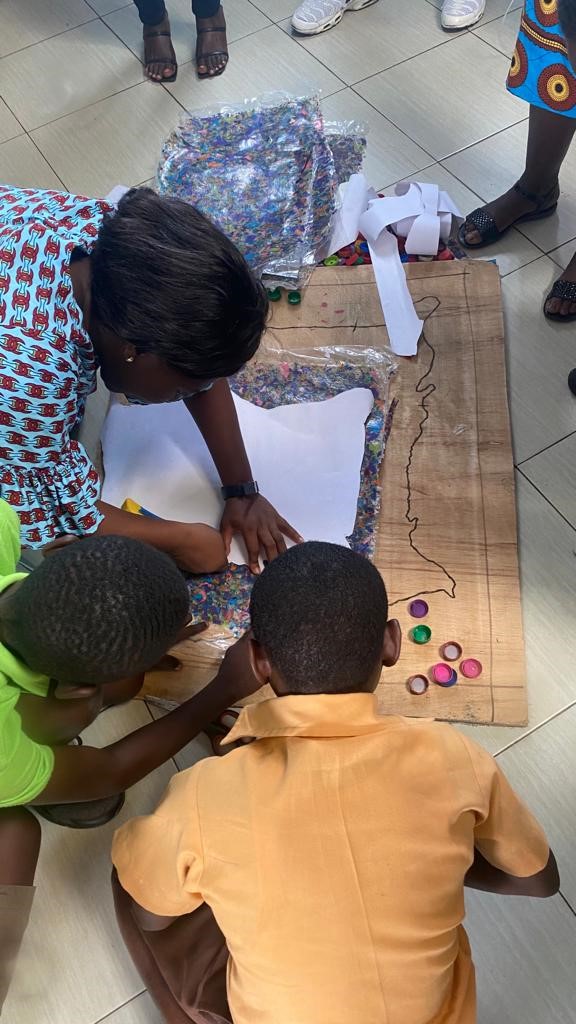
One of the primary benefits of plastic waste exportation is that it can generate significant revenue for the country. Many developed countries are willing to pay for plastic waste from developing countries as they require a steady supply of raw materials for their recycling industries. By exporting plastic waste, Ghana can tap into this demand and generate a new stream of revenue. This revenue can be used to develop better waste management infrastructure in the country, create new jobs, and support other development projects.
The team of student who are also known as ECOBUDDIES, embarked on an environmental sustainability project at the Teshie Southern Cluster of Schools duded the Sankofa Project which seeks to educate, engage, empower young students in the cause of fighting plastic waste. In three thematic areas the SANKOFA PROJECT was rolled out. EDUCATION, TRAINING, ECO-BUDDIES CLUB FORMATION. Thy students were taken through a practical session on how to properly dispose of their waste as well as segregating their waste. They were also enlightened on the 4 “Rs” of plastic waste management which are – REFUSE, REDUCE, REUSE AND RECYCLE. The students were then taken through the process of turning waste materials into valuable and useful thing such as portable lotion holders, stationary holders, flower pots, and beautiful picture arts all using plastic waste.
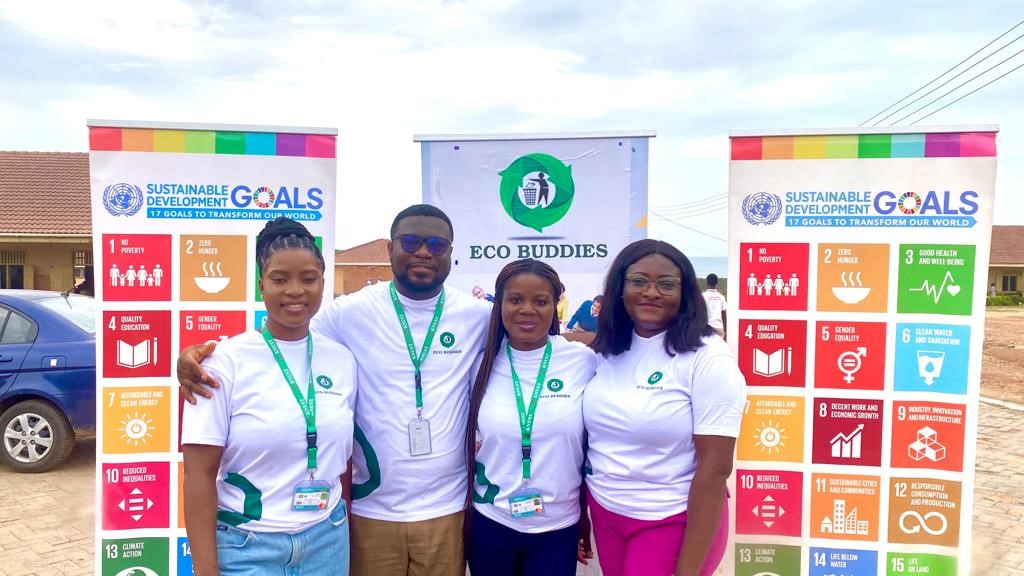
The District Education Director, Mrs. Theresa Tetteh commended the ECOBUDDIES Team for an impact project geared towards environmental sustainability. Post engagement sessions of the Sankofa project the especially with the believe that sustainable development was to ensure that present generations are able to meet their needs without compromising on the ability of future generations to meet their own needs. Taylor an International Development Student from Trent University, Canada also joined the team together with Mackintosh Africa to facilitate the trash to treasure training session.
The ECOBUDDIES TEAM comprised of Ms. BAABA BANNERMAN, Ms. HANNAH SARFOA, Ms. ESTHER AGYAPONG and led by Mr. PETER ADETOR.
The ECO BUDDIES team is looking froward to partner other international Organizations such as SIDA- Swedish International Development Cooperation Agency who are keen to support recycling and import of plastic waste initiatives.




